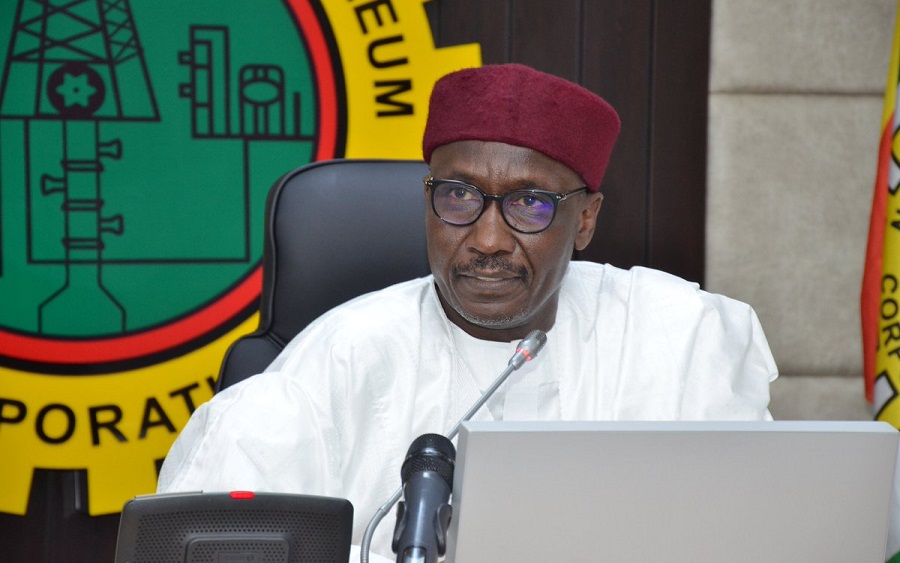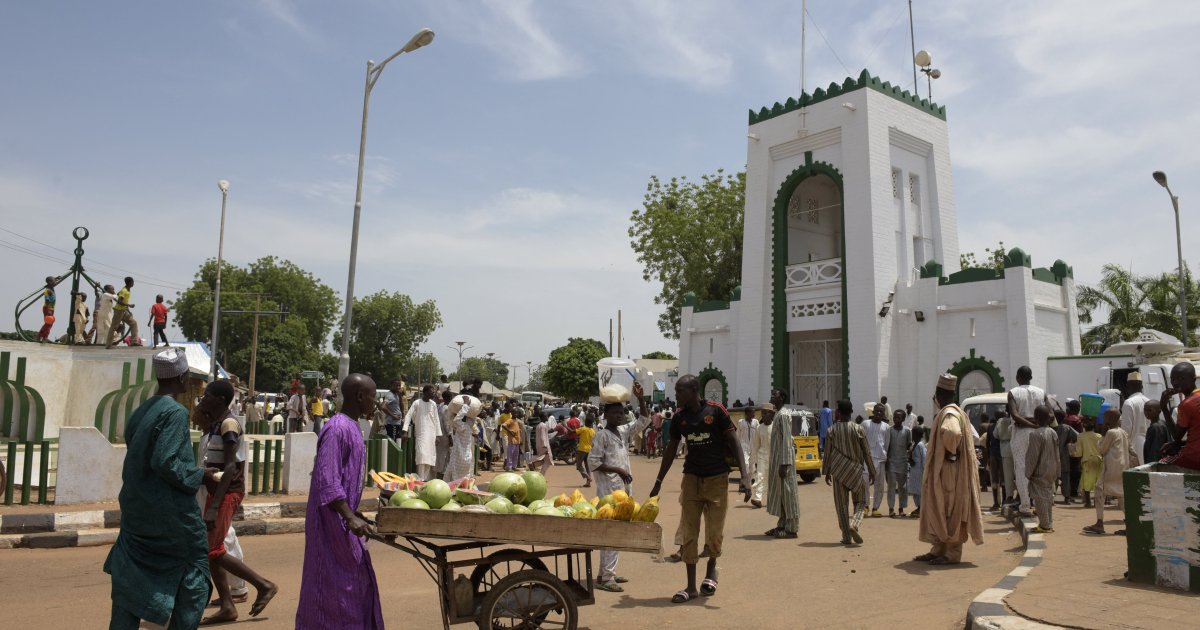Subsidy removal: Mele Kyari’s N482 per litre fuel projection causes stir among economists
Economists have reacted differently to the recent pronouncement by the group managing director of the Nigeria National Petroleum Corporation Limited, Mele Kyari, who said that if fuel subsidy were to be removed today the cost of a litre of the product would rise to N482.00. They are of a consensus that there would be a spike in the cost of living and social welfare programmes of the government will suffer.
Going by antecedents, the price of fuel affects the price of virtually everything else in the economy, which in turn affects the standard of living of everyone within the geographical confines of Nigeria.
A jump in fuel price from the current N180.00 per litre to N482.00 would constitute an increase of 168%.
What they are saying
- Reacting to Kyari’s statement, the chief executive of Anthill Concepts Limited, Dr. Emeka Okengwu said such a scenario would cause a spike in the price of virtually every good and service in the economy, causing steep inflation. He noted that such an increase would affect even social welfare such as basic education, which is highly subsidized by federal and state governments, healthcare, as well as cause a steep jump in the price of food, which currently hovers around 23% year on year.
- Increase in the price of goods and services would put them beyond the reach of the struggling masses, which would in turn reduce demand. Reduced demand for goods and services would cause an increase in the rate of unemployment, which officially stands at 33%.
- Okengwu pointed out that Kyari is no longer working in the capacity as a regulator; therefore it is not his prerogative to be suggesting what the price of fuel would be in the event of subsidy removal.
- Professor of Management, Dangote Business School, Bayero University, Kano, Professor Murtala Sabo Sagagi said there are many Nigerians who are not against the removal of subsidy, but fear what the proceeds of subsidy removal would be used for.
- He said prices of petroleum products are already fairly high in some states of the federation, and people are still living normal lives. He stated that what many Nigerians fear is what the proceeds from subsidy would be used for.
- Sagagi said the subsidy regime has been a dark hole characterized by lack of accountability mainly perpetrated by rent seekers who cannot be trusted by the masses, hence the rejection of subsidy removal.
- On his part, professor of energy law, Adeleke University, Professor Tayo Bello said the issue of subsidy removal has long been on the front burner, and that many Nigerians are already mentally prepared for the consequences. He said he believes the subsidy removal will be a smooth process.
- Bello noted that the price of fuel is not uniform across the country, and that people living in cities where the price is higher than the regulated price have already adjusted to the new reality.
- He said the subsidy regime has done nothing positive for the country over the decades it has been in place, and that the federal government needs to free up funds to invest in capital projects that grow the economy.
Inflation rate in Nigeria
The consumer price index (CPI), which measures the rate of change in prices of goods and services, surged to 19.64% in July 2022, up from 18.60% in the previous month. The rate is the highest recorded since September 2005.
What you should know
- Nigeria’s subsidy regime started in 1973 as a palliative to cushion the landing cost of petroleum products delivered to refineries, following the need to carry out Turn Around Maintenance (TAM) on them; the palliative has since been used as a social transfer mechanism to ease the burden of high fuel prices on the masses.
- As of 2000, the price of fuel sold for N22.00, N26.00 by the end of 2001, and N40.00 in 2003. In 2004 the price changed twice, first rising to N50.00, and later to N65.00 in that same year.
- It was increased to N97.00 in 2011 and reduced to N87.00 in 2014. In 2016 the price of the product was increased to N145.00 per litre, reduced to N125.00 in 2020, and increased to N143.8 and N165.00 in that same year. Fuel marketers unilaterally increased the price to N175.00 the least in 2022.
- Nigeria sells gasoline at the lowest price compared to her neighbours, and this is even though some of her neighbours like Cameroon and Ghana are also net exporters of fuel products. Cameroon sells a litre of fuel N423.00 per litre, whereas Ghana sells a litre N500.00. The huge difference provides huge incentives for arbitrage by selling in those countries. The implication is that Nigeria finances fuel consumption in those countries.





